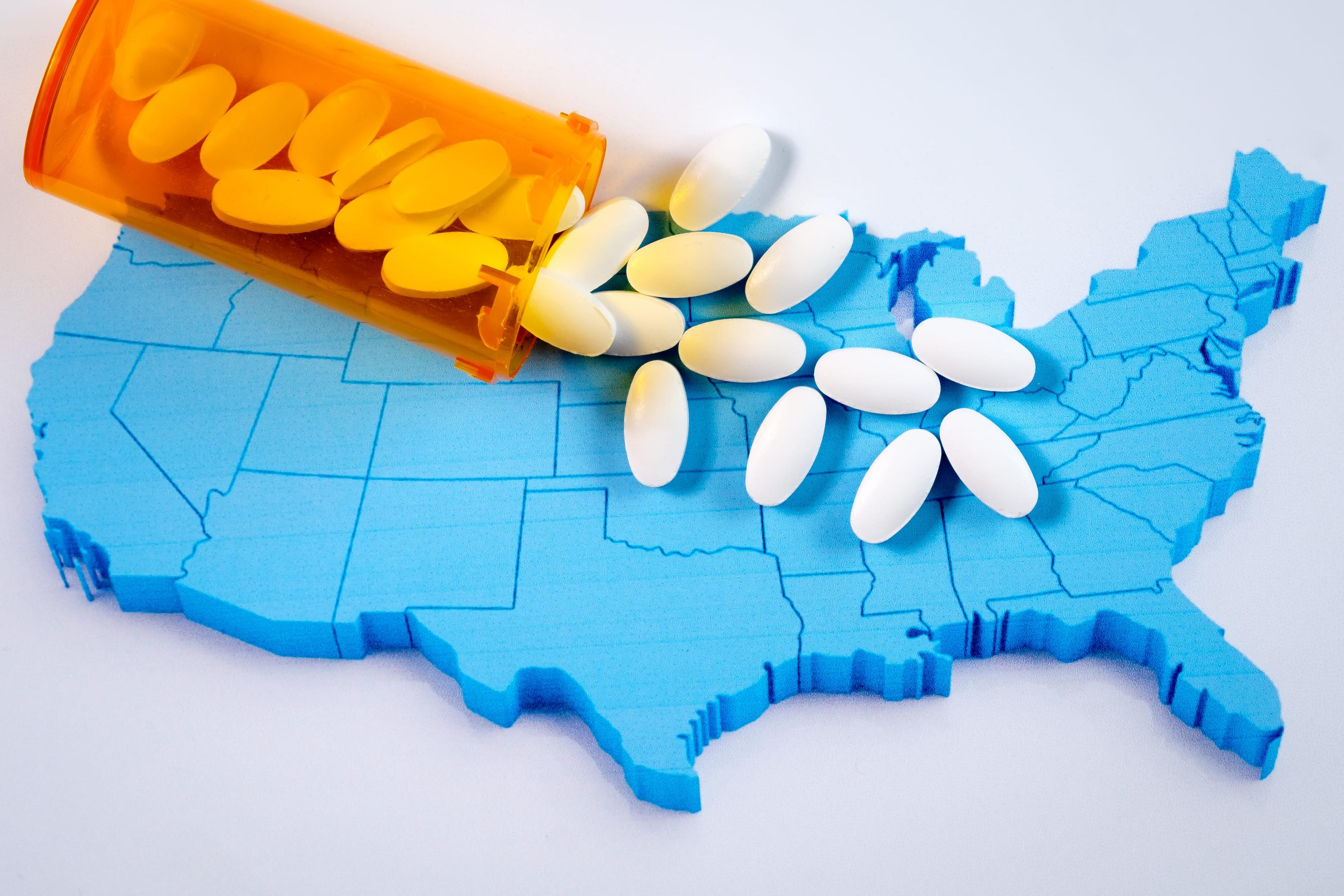Common Heartburn Drug Removed from the Market over Cancer Concerns
Amy Barczy
| 2 min read
Amy Barczy is a former brand journalist who authored content at Blue Cross Blue Shield of Michigan. Prior to her time at Blue Cross from 2019-2024, she was a statewide news reporter for MLive.com. She has a decade of storytelling experience in local news media markets including Lansing, Grand Rapids, Holland, Ann Arbor and Port Huron.

The U.S. Food and Drug Administration has requested the immediate removal of all prescription and over-the-counter ranitidine drugs – commonly known under the brand Zantac – from the market. Ranitidine products are used to treat and prevent heartburn. They can also be used to treat stomach ulcers, gastroesophageal reflux disease and conditions that cause too much stomach acid. The FDA has been investigating a contaminant in ranitidine medications, N-nitrosodimethylamine (NDMA), since the summer of 2019. Based on results from lab tests, NDMA is classified as a substance that could cause cancer in humans. The FDA has determined that the amount of NDMA found in ranitidine medications can increase over time, especially when stored above room temperature. This could expose consumers to unacceptable levels of NDMA. Zantac and other ranitidine products will not be available in the U.S. either as a prescription or over-the-counter medication as a result of the FDA’s action. If you take ranitidine medications, here are three things to know:
- If your doctor prescribed you ranitidine, talk to your doctor about other treatment options before stopping the medication you have. There are multiple drugs approved for the same or similar use that do not carry the risks of NDMA.
- You will not be able to refill your prescription for a ranitidine medication. That’s why it’s important to consult your doctor about finding an alternative.
- If your doctor did not prescribe you ranitidine and you are taking the over-the-counter version, stop taking that ranitidine product.
- Do not purchase any more ranitidine. Consider using other approved over-the-counter products for your condition.
- Safely dispose of any remaining ranitidine medication in the household trash. The FDA advises it is not currently necessary to bring it to a drug take-back location due to the COVID-19 pandemic. Here’s how to safely dispose of medication at home:
- Mix the pills or liquid with dirt, cat litter or used coffee grounds. Do not crush the pills.
- Put the mix in a sealed container, like a plastic bag.
- Throw the container away in your trash.
- Remove any personal information on prescription labels of empty medication bottles and throw them away or recycle them.
For more information, visit www.fda.gov/ or call or call 1-855-543-DRUG
(3784) and press 4. Please discuss any health concerns with your doctor. More from MIBluesPerspectives.com:
- People with Asthma Should Take Extra Precautions During COVID-19
- Why Medication Adherence is Important for People at a High Risk for COVID-19
- Why Generic Drugs Aren't Immune From Price Hikes
Photo credit: PeopleImages





